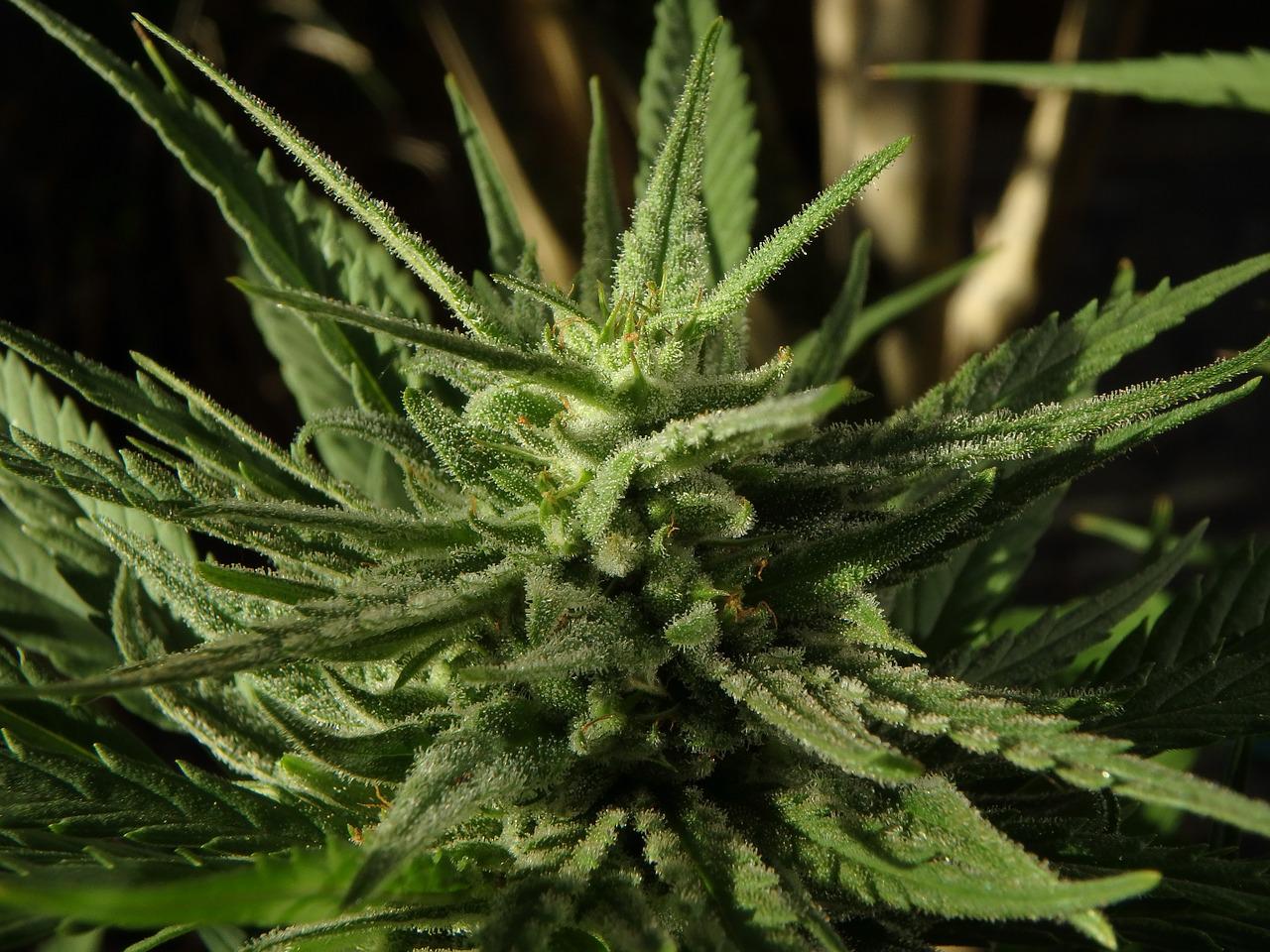Pennsylvania Advances Fair Competition in Medical Cannabis with SB 773
NEW YORK- Governor Josh Shapiro has signed into law SB 773, a bill poised to revolutionize Pennsylvania’s medical cannabis market by promoting fair competition and challenging the dominance of major multistate operators (MSOs). This legislation represents a significant shift from the existing constraints that have hindered the growth of small and medium-sized businesses in the state’s cannabis sector.
For years, Pennsylvania’s medical cannabis market has been largely controlled by a few MSOs, due in part to restrictive state laws. These laws have barred independent growers and retailers from selling directly to patients, essentially creating a near-monopoly. However, SB 773 aims to dismantle these barriers, allowing independent cultivators, processors, and retailers to engage directly with the market.
Under the new law, ten independent cultivators and processors are eligible to apply for dispensary permits, enabling them to operate up to three retail locations each. This provision grants them direct access to nearly one million registered patients and caregivers in the state. Additionally, four independent dispensaries can now apply for grow permits to produce in-house products.
A significant feature of SB 773 is its safeguard against rapid industry consolidation. The law stipulates that independent license holders cannot transfer their permits within a year of receiving an operational certificate, a measure designed to prevent smaller entities from being quickly absorbed by larger conglomerates.
Despite these progressive steps, the law’s implementation may encounter resistance from established MSOs, who might view the empowerment of independent businesses as a threat to their market share. Moreover, there are concerns regarding the maintenance of safety and quality standards for products produced by smaller, independent growers.
Financially, SB 773 could have a substantial impact on Pennsylvania’s economy. The increase in independent operators selling directly to consumers is expected to boost sales and revenue significantly. Last month’s estimates suggest that the bill could generate approximately $2 million in revenue from application and permit fees alone, with an expected annual yield of around $90,000. This economic boost extends beyond the immediate cannabis industry, potentially spurring job creation across cultivation, processing, and retail sectors.
Looking ahead, Pennsylvania’s cannabis policy landscape may continue to evolve, especially considering the legalization of adult-use cannabis in neighboring states. Senator John Fetterman, a vocal advocate for cannabis reform, anticipates that Pennsylvania will eventually legalize adult-use marijuana, aligning with regional trends. Such a move could further expand the market, creating new opportunities and challenges for both medical and recreational cannabis businesses.
SB 773 marks a pivotal moment in Pennsylvania’s medical cannabis industry, fostering a more competitive and diverse market. It sets a precedent for inclusive cannabis policies, paving the way for future developments in the state’s cannabis sector.



































